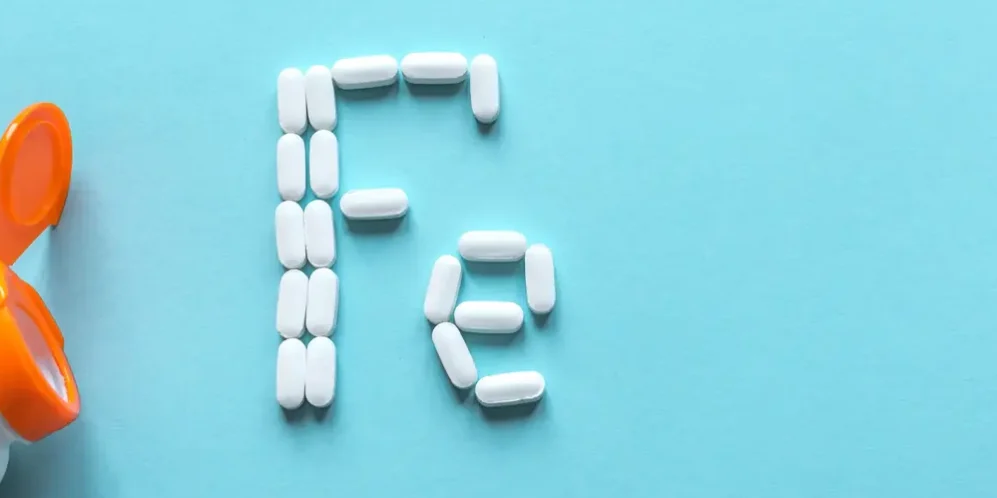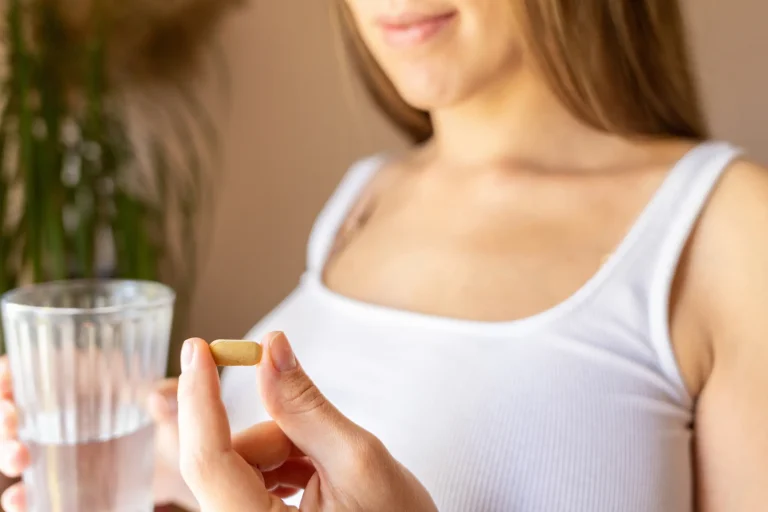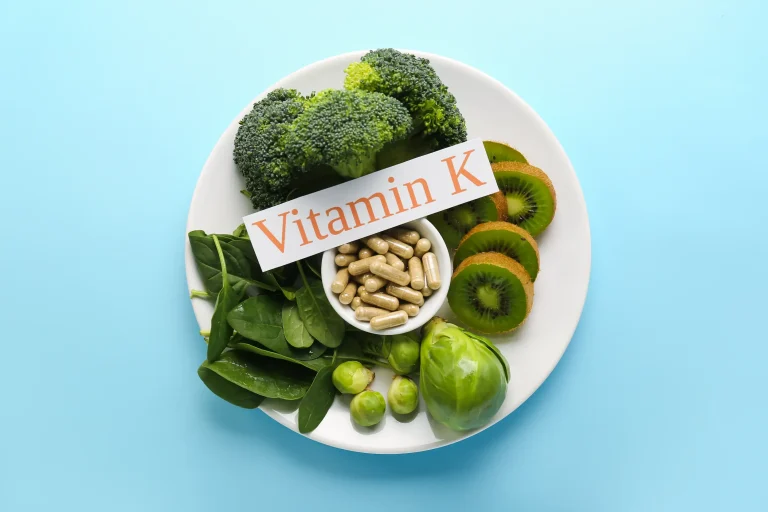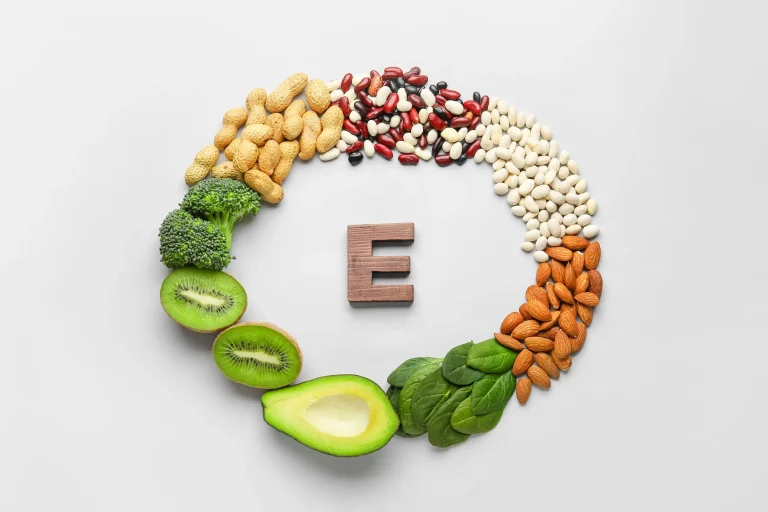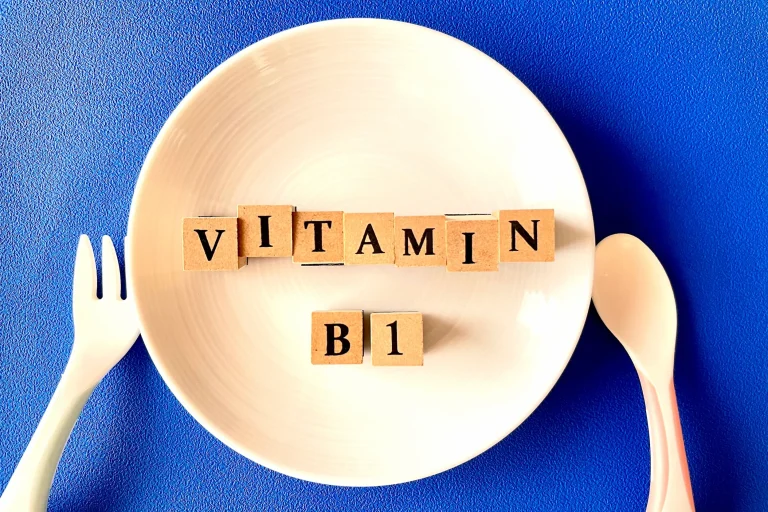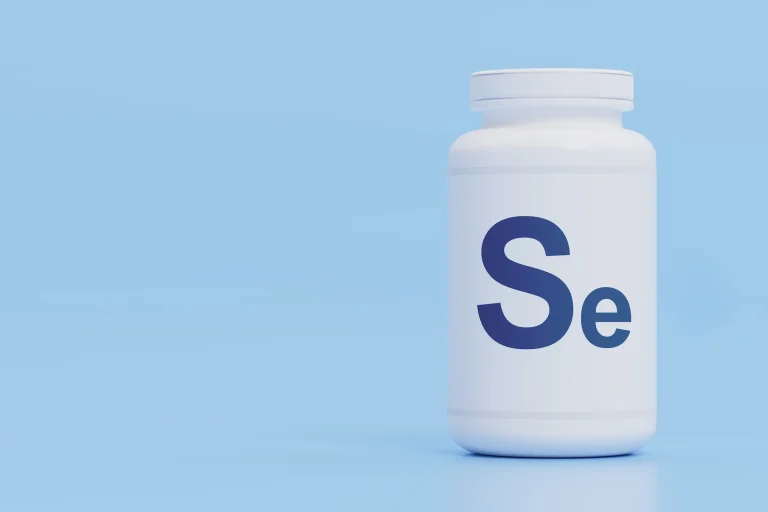What do iron supplements do?
Iron is one of the most recognised mineral supplements, and you probably already know it’s healthy for you. But have you ever taken a moment to think about what iron supplements actually do and how they work for your health?
In this article, we explain how iron supplements work, as well as helping you to understand whether they may be a good option for you.
What are iron supplements for?
Iron supplements are mostly used to raise the iron levels in your body, helping to prevent or manage iron deficiency. But what does that mean for you?
As an essential mineral, iron helps to support many vital processes in your body. One of the most important functions of iron is its role in the production of haemoglobin – a protein present in red blood cells which allows them to carry oxygen through your bloodstream, from lungs to tissues.
Iron is also present in myoglobin, which maintains muscle metabolism and healthy connective tissue. Without enough iron, your body cannot produce an adequate number of healthy red blood cells. This is known as iron deficiency anaemia.[5]
The benefits of avoiding iron deficiency anaemia are significant. If your body has adequate iron, you can expect:
Higher Energy Levels: Iron deficiency normally presents itself in the form of extreme tiredness and weakness as your cells are not receiving enough oxygen.[5] Replenishing iron levels can contribute to a reduction in tiredness and fatigue.
Increased Cognitive Function: Iron supports physical development, cognitive function, cellular metabolism and the production of certain hormones that influence concentration and mental acuity.[1,2,5] Mental impairment may occur from iron deficiency even if it doesn’t meet anaemia criteria – this can influence attention span, intelligence and sensory perception processes.[2]
Increased Immune System Function: Iron is involved in maintaining the normal function of your immune system to allow your body to fight infection.[5]
Improved Physical Performance: With adequate oxygen supply to muscle, your physical functioning and endurance can be enhanced. Iron supports the transportation of oxygen to muscle tissue, and deficiency results in impaired physical performance among athletes.[5]
Everyone needs iron, but whether you need to supplement your intake can depend on a range of factors. For example:[5]
- Athletes may benefit from greater iron consumption to boost oxygen availability and overall performance
- Vegans and vegetarians may lack iron in their diet, as it’s easiest to absorb from animal sources
- Some illnesses and conditions may cause or exacerbate iron deficiency anaemia
- Those who lose a lot of blood through injury, periods or blood donation may need to supplement their iron levels.
- Young children and babies may need support in getting enough iron from their diet.
Do iron supplements work?
The efficacy of oral iron supplements in raising iron levels and improving signs of deficiency has long been demonstrated in the scientific literature. Under appropriate usage, oral iron supplements are very effective in replenishing the body’s iron stores and elevating indicators of iron status, including haemoglobin and ferritin levels.[3,4]
Some supplements have been effective in several studies and clinical trials. For instance, oral iron supplements are among the drugs of choice to be used in cases of iron deficiency anaemia because they are easy to administer, widely available and inexpensive to buy.[5]
In iron deficiency anaemia, regular iron supplementation results in measurable augmentation of haemoglobin, which invariably results in the increased oxygen-carrying capacity of blood and the alleviation of anaemia symptoms.[3,5] It has been established by studies that even small doses of iron supplements are enough to enhance blood-iron status among premenopausal women with iron deficiency that doesn’t meet anaemia criteria.[3]
Unfortunately, it’s not as simple as picking up an iron supplement and taking it regularly – though consistency is important. There are plenty of considerations to take into account that can affect how well supplementation works, including:
- The form of iron used in the supplement (ferrous iron salts, of which ferrous sulphate is the most commonly used, tend to be well absorbed and readily available)
- The strength of the dose
- Whether you take it with or without food
- Whether you take iron supplements with or without vitamin C, either through diet or supplementation.
Additionally, although iron supplements work well, it’s important not to expect results too quickly. In some cases, weeks or months may pass before iron stores are adequately replenished, leading to the relief of deficiency symptoms. Other research demonstrates that taking iron on alternate days will provide the highest absorption with minimal gastrointestinal side effects when compared with daily administration.[5]
Should I take iron supplements?
The decision of whether or not to try iron supplements should be a personal one that takes into consideration your health, eating routine and circumstances. It’s not everybody’s cup of tea, and what works for one person may not work for another.
If you’re thinking about getting started with iron supplements, the most important thing is to speak to your GP. They can do blood tests to evaluate your iron levels, helping to spot any deficiencies. This is vital, because taking too much iron when you’re not deficient can lead to toxicity of the liver and, in extreme cases, death.[5] Your registered dietitian or doctor can give you specific guidance. They will take into account such things as:
Your existing level of iron: Are you low, deficient, or normal? Ferritin levels are usually monitored rather than actual iron, as this is the protein where iron is stored in the body.[3]
Your diet: Are you eating iron-rich foods as part of your diet?
Any underlying health conditions: Do you have chronic diseases that may impair iron absorption or enhance iron loss?
Medicines that you are on: Are there any possible interactions between your medications and supplements? For instance, iron supplements will decrease the absorption of some drugs such as levodopa and levothyroxine.[5]
Your lifestyle and circumstances: Are you pregnant? Do you have a very physically taxing job, such as being an athlete? Do you often have heavy periods?
After proper evaluation, a healthcare professional can advise whether and when to supplement with iron, the ideal dose and the type of iron best suited to your needs. They can also advise on how to take it to enhance absorption and reduce potential side effects. Keep in mind that while iron supplements are very helpful for those who require them, professional advice is required to help you supplement your intake safely and effectively.
References
[1] Sekartini, Rini. (2021). The Importance of Iron To Support Optimum Cognitive Development. World Nutrition Journal. 5. 25-32. DOI: 10.25220/WNJ.V05.S1.0004.
[2] Jáuregui-Lobera I. Iron deficiency and cognitive functions. Neuropsychiatr Dis Treat. 2014 Nov 10;10:2087-95. doi: 10.2147/NDT.S72491. PMID: 25419131; PMCID: PMC4235202.https://pmc.ncbi.nlm.nih.gov/articles/PMC4235202/
[3] Stefan, M. W., Gundermann, D. M., Sharp, M. H., Jennings, B. A., Gheith, R. H., Lowery, R. P., LowDog, T., Ghatak, S. B., Barbosa, J., & Wilson, J. M. (2023). Assessment of the Efficacy of a Low-Dose Iron Supplement in Restoring Iron Levels to Normal Range among Healthy Premenopausal Women with Iron Deficiency without Anemia. Nutrients, 15(11), 2620. https://doi.org/10.3390/nu15112620
[4] Joanna Deng, Luca Ramelli, Pei Ye Li, Ali Eshaghpour, Giovanna E.U. Muti Schuenemann, Mark A. Crowther; Efficacy of Vitamin C with Iron Supplementation in Iron Deficiency Anemia Patients: A Systematic Review and Meta-Analysis. Blood 2023; 142 (Supplement 1): 1091. doi: https://doi.org/10.1182/blood-2023-174801
[5] National Institutes of Health, Office of Dietary Supplements. (n.d.). Iron: Health Professional Fact Sheet. Retrieved from https://ods.od.nih.gov/factsheets/Iron-HealthProfessional/
